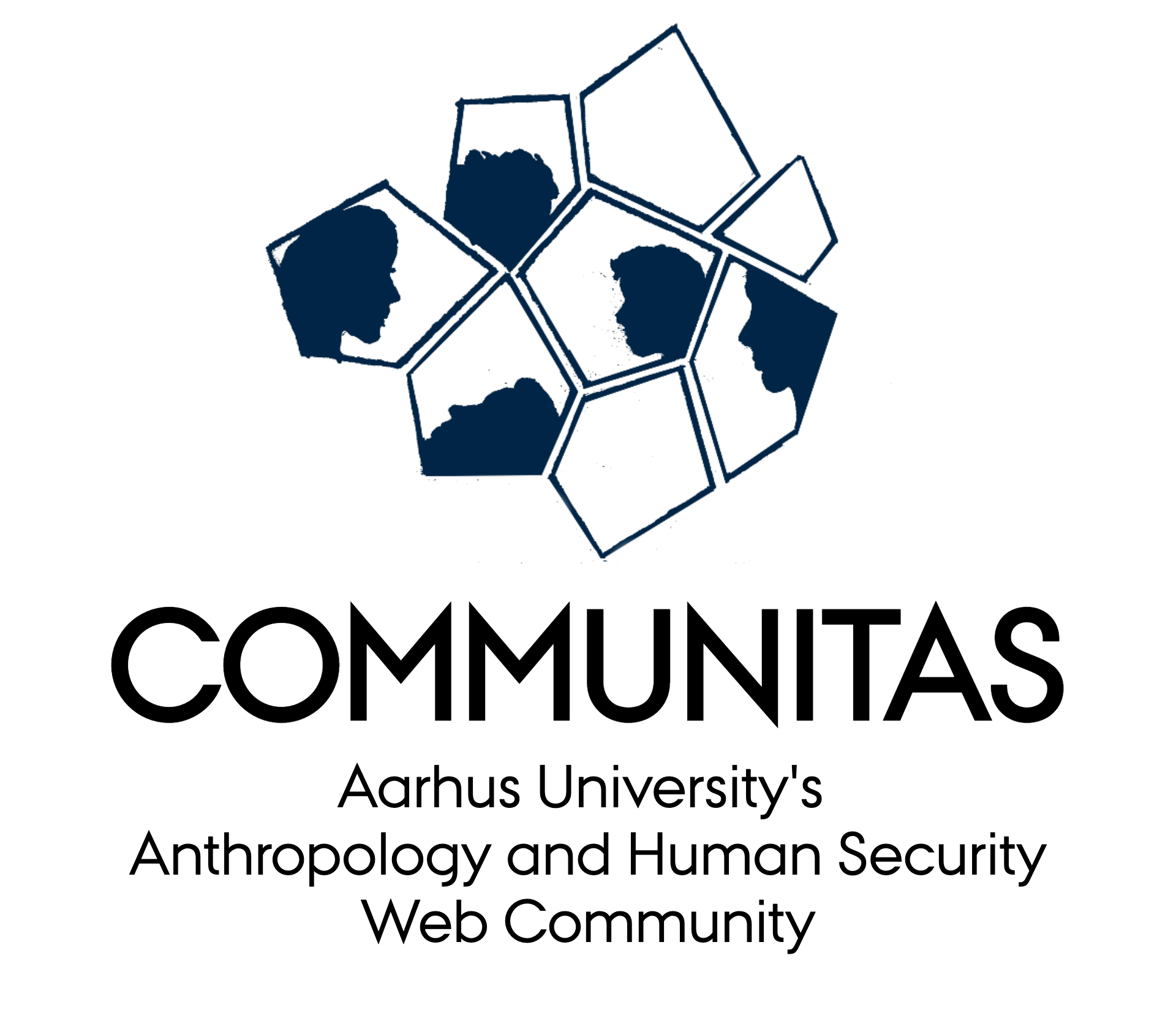By Søren Rask Bjerre Christensen
Hello, my name is Søren and I am currently working as a researcher on a research project about victim-offender meetings in the Danish police’s mediation program. I’ve been employed at the anthropology department at Aarhus University from May 2018 and have learned a lot since then! We work closely together with mediators and police coordinators in seven Danish police districts as well as with some really clever people from Cambridge University, to find out what kind of facilitation method works best in the meetings: What effects do we see of the approaches, how do participants experience the meetings and what might be the mechanisms and causalities behind our results?
What is your job about and what are the most exciting aspects of your tasks?
At the current stage of the project, a normal workday for me contains communication and coordination with mediators and the police districts we collaborate with, as well as data processing and field observations of the restorative justice meetings. The latter is often an intense experience. Though I’ve attended around 40 meetings now, I continue to be fascinated and feeling privileged about my opportunity to observe them. It’s a setup often marked by a lot of fragility and strong emotions and to me they prompt some fundamental questions about the way we perceive and deal with crime and conflicts in our society.
I’m excited to be part of a project that contributes to this field, which is quite understudied in Denmark. I also enjoy the close collaboration with mediators, and the fact that our results will inform their practices in the future.

How was your journey from university to employment?
Besides a brief employment at the municipality and a consultancy task for a social housing area in Aarhus, I have gone straight from university to my current position. I think my employment came in direct continuation of my background in Human Security. At the masters, we studied conflict management. We explored the anatomy of conflicts from different theoretical angles, but also had a practical mediation workshop, where we got to try out victim-offender-mediation in practice. At this time, one of our lecturers also encouraged me to apply to become a volunteer in Red Cross Youth’s Street Mediation Program, where I have since facilitated workshops with youths on conflict management and informal mediation. Working with conflict management at Human Security and as a Street Mediation facilitator was my introduction to the field I now work in. It has been intuitively meaningful to me, and it has shaped the professional path I’m now pursuing with crime preventive precautions, conflict and mediation as my area of expertise.
Any advice for graduates looking for a job?
If you have a specific field you would like to work in that seem out of reach, consider the many different entry points available to you. For instance volunteering to gain knowledge, skills and network or other more easily attainable jobs, which might off hand seem unrelated but can provide you with competencies that are relevant for you. In short, long term thinking might make life outside the labor market and rejected applications a bit more bearable and optimistic. At least it did for me.


